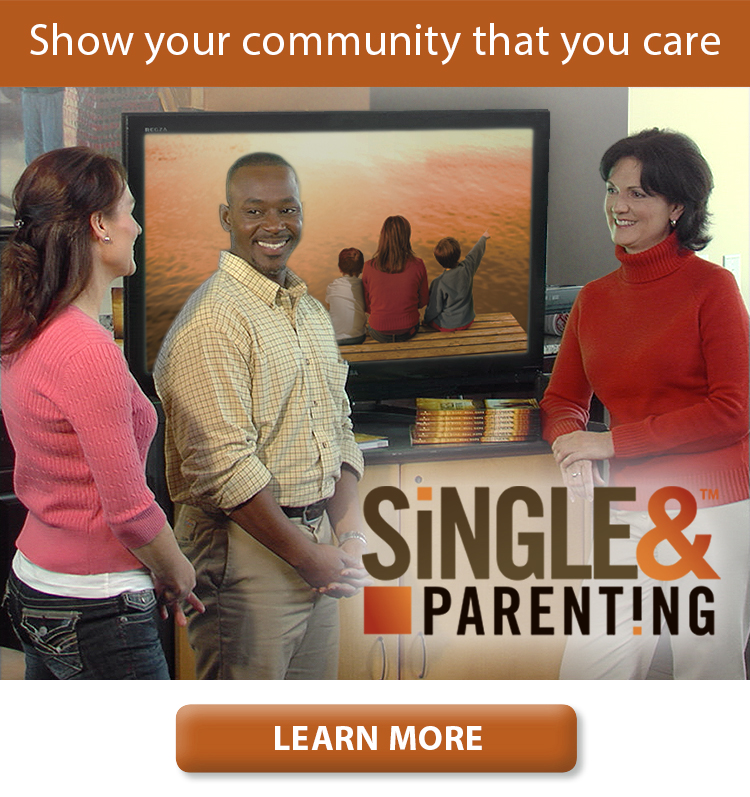
Too often, when self-sacrificial love is required to form friendships, we isolate and hunker down in our own foxholes of safety and security.
Over the years, I’ve noticed that a large majority of the people I see for counseling have few to no friendships in their life. Indeed, for many of them, some of the exact conversations we have with them in counseling, they could be having with friends, but unfortunately for a variety of reasons, they don’t have any.
Can you assign your church members the task of “finding” a friend? I believe you can, and in many cases you should. Leaving your church members with the task of “finding community” can be vague and lead to discouragement.
Far too often, the intentionality of finding friends dies, not for lack of desire, but for lack of concrete steps to follow. Friendship lives and dies in the realm of “intentions.” People can have the best intentions aimed at finding and forming friendships, but if those intentions aren’t executed and realized in tangible action, they will find themselves exactly where they began.
Here are five practical ways you can encourage church members to find and form Christ-centered friendships.
1. Find someone who’s already in your current sphere of life.
Ask church members to find someone they already run into naturally. With whom do they sit in church? Are there overlapping activities in day-to-day life where friendships can be formed? Is there someone in their neighborhood, school, or work with whom they have fellowship?
2. Discover a common area of service in the church.
Finding a common area of service in the church offers a way to build up the body of Christ, but it also builds friendships. Could your church members serve together on a Children’s Ministry team or host something in their homes? You could suggest helping someone make a meal for a new mom or someone who’s recently been bereaved, or better yet, they could visit a shut-in member of the church.
3. Ask them to pray for you, and ask how you can pray for them.
In counseling you are not only asking questions and building rapport with your church members, you are actually seeking to model how to converse and relate to others. I find people can get scared at having “deep” conversations, and often they allow this to keep them from having any conversation. Asking how to pray for someone is an important question, and it’s one that allows for a variety of answers that will grow in depth and vulnerability as the friendship matures and grows.
4. Invite them into an ordinary aspect of your life.
Christians should constantly be seeking to break down the divide between “sacred” and “secular” activities when it comes to life. All of life is lived coram Deo—in the presence of God—and thus can be redeemed for His glory (1 Corinthians 10:31). The common and mundane tasks of life are ripe opportunities to glorify God and build life together in community. Therefore, suggest that your church members invite someone to do something ordinary: share a meal together, run an errand, take a walk in the park, sit in church together, exercise, or take in a local sporting event.
5. Select something from your counseling and share it with them.
Maybe this is the scariest of my suggestions, but it’s also the one that can begin moving a friendship from the shallow waters of getting to know each other to the deeper currents of understanding the heart of each other (cf. Proverbs 20:5). After a period of getting to know one another (using the suggestions above), encourage your church members to open up and share something God is teaching them through the counseling process.
Surely one of the goals in counseling is to help your church members transition back into the body of the church, not as perfected individuals, but as people committed to the ongoing, progressive work of gospel-centered change. Keeping them dependent on the counseling relationship can work against you in the long run, so make it a priority early on to help your counselees form and develop Christ-centered friendships, and watch the Spirit work through those relationships to change them even more!
Sign up for your FREE newsletter!
Original article:
The article 5 Practical Ways to Help Your Counselees Find Friendships first appeared on the website Biblical Counseling Coalition, August 18, 2015. Adapted for CareLeader.org with permission from the BCC.


